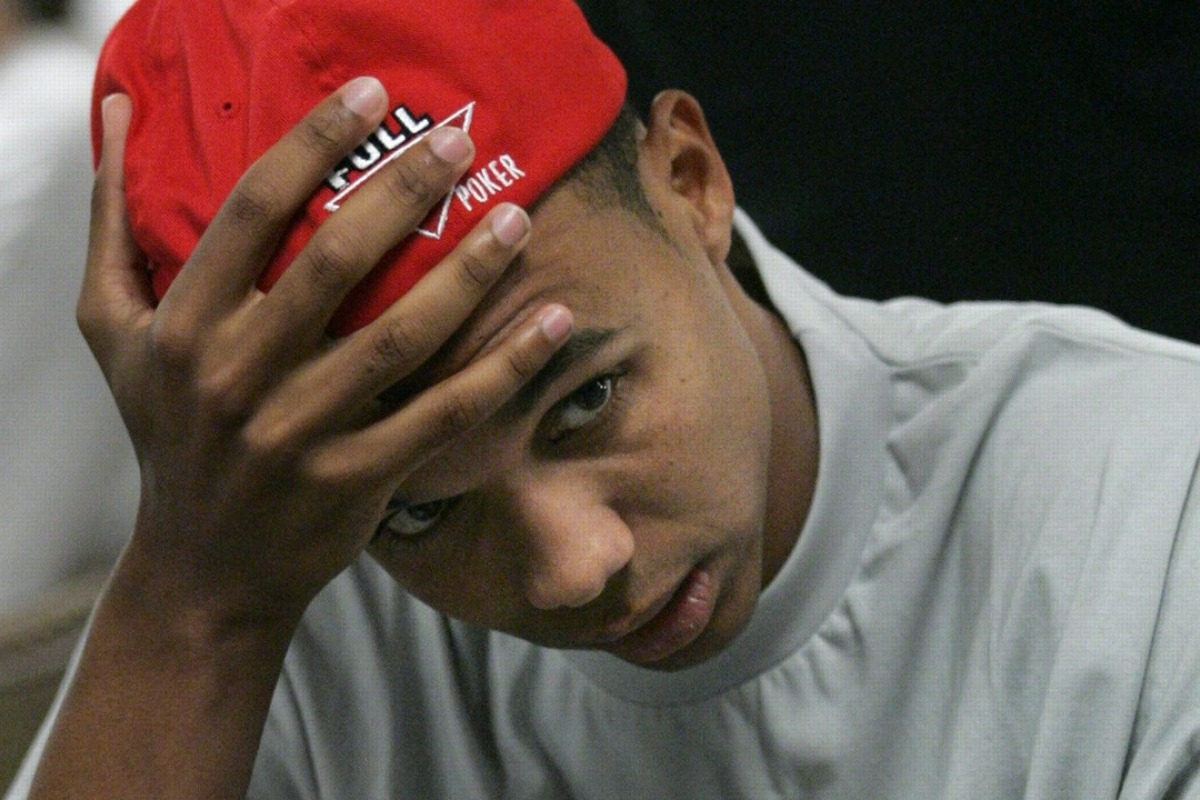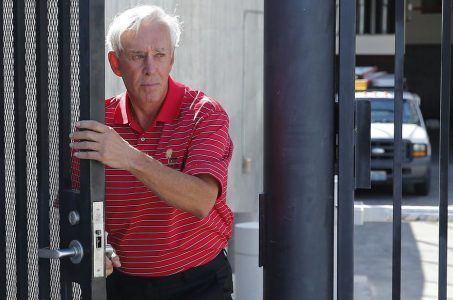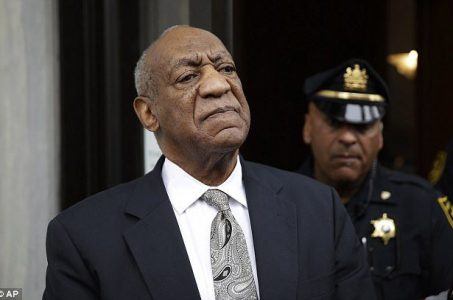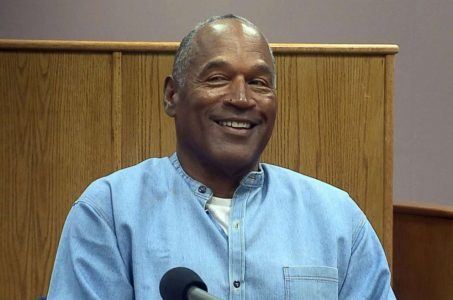NJ Regulators Accused of Passing the Buck in $10 Million Phil Ivey Edge-Sorting Appeal
Posted on: September 23, 2019, 03:18h.
Last updated on: September 23, 2019, 03:55h.
Poker superstar Phil Ivey’s longstanding battle with the Borgata Atlantic City hit the appeal court late last week.

Ivey’s lawyers are charged with the task of convincing a panel of three Third Circuit appellate judges that their client legitimately won $9.6 million during a three-day mini-baccarat rampage in 2011 by using skill rather than illegal deception.
In 2016, a federal judge ruled that Ivey and his friend, Kelly Sun, had broken their gambling contract with the Borgata by employing a practice known as edge-sorting, which muscled the odds in their favor.
Edge-sorting is a practice in which skilled gamblers can spot tiny asymmetrical flaws in the patterns on the backs of playing cards that allow them to differentiate between cards that favor the player and those that favor the house.
Ivey and Sun were liable to repay the $9.6 million in winnings, plus $504,000 the pair won playing craps, legitimately, with the money won at baccarat, the judge ruled.
The two cardsharps have never denied they were edge-sorting, and are unapologetic about the fact. They claim they were acting within the rules of the game and were still gambling with their own money – initially, at least – and still could have lost.
Almost Baccarat
The judge in the original case found that Ivey and Sun had — by gaining the edge in the contest — transformed the game into something that was in “complete contravention of the fundamental purpose of legalized gambling.”
Put simply, they had created a game that was like baccarat, but was not exactly baccarat, because the central tenet of baccarat is that the house wins over time, and so, this “almost baccarat” thing was not licensed and regulated by the State of New Jersey’s Casino Control Act.
But according to John Brennan of NJOnlineGambling, who was present during last week’s session, at times it was New Jersey’s gambling regulators who were on trial for refusing to pass judgment on this essentially regulatory matter, despite requests by judges to chime in as friends of the court.
Judges Sympathetic to Ivey?
Judge Marjorie Rendell expressed frustration that regulators had responded to the question of whether or not Ivey and Sun had cheated — and therefore violated the Casino Control Act — by suggesting it was “a question of fact to be determined by a jury,” and not, apparently, the New Jersey gambling regulator itself.
Rendell appeared to emit a modicum of sympathy for Ivey and Sun, noting Borgata had agreed the terms of play before the game commenced.
“Nothing was hidden from you,” she told the Borgata’s counsel, Jonathan Massey. “These cards weren’t marked — here you had equal access.”
“Cheating may be clever — but it’s still cheating,” Massey shot back. “Edge-sorting is antithetical to baccarat.”
The case, as ever, continues.
Related News Articles
Most Popular
LOST VEGAS: The Foster Brooks Robot at MGM Grand
Bally’s Sets Date for Tropicana Las Vegas Implosion & Party
Most Commented
-
VEGAS MYTHS RE-BUSTED: You Don’t Have to Pay Resort Fees
— August 2, 2024 — 16 Comments -
VEGAS MYTHS RE-BUSTED: Elvis Was a Straight-Up Racist
— August 9, 2024 — 11 Comments -
ANTI-SOCIAL BEHAVIOR: Vegas Casino Buffet Stunt in Poor Taste Goes Viral
— August 16, 2024 — 7 Comments -
VEGAS MYTHS RE-BUSTED: The Strip Tried Appealing to Families and Failed
— August 23, 2024 — 7 Comments
















Last Comments ( 2 )
War Phil ivey
I hope this appeal goes through it is absolutely no way Phil cheated,basically the casino saying it's illegal to win certain amounts